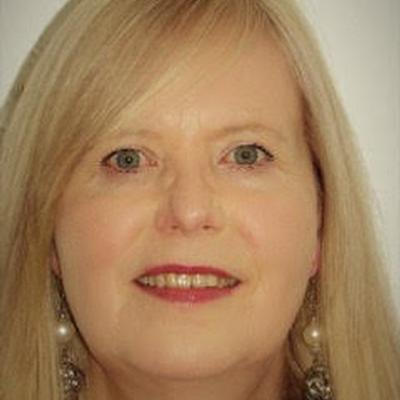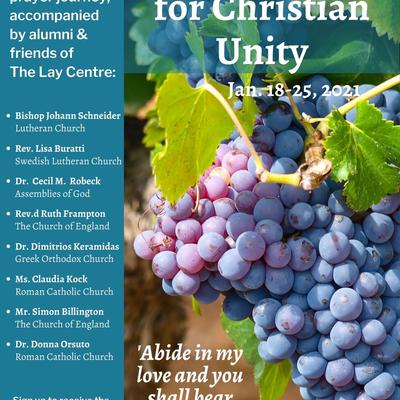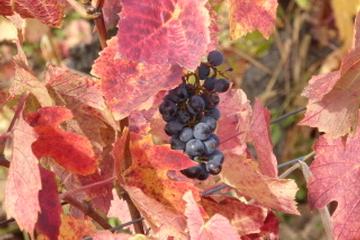
This year’s theme for the Week of Prayer for Christian Unity is “Abide in my love and you shall bear much fruit” (Jn 15:5-9). Each contributor to our series has reflected on a daily verse from this Scripture passage, as indicated by the Pontifical Council for Promoting Christian Unity, for each day of the octave.
Today, Day Five, Ms. Claudia Kock reflects on the verse “You are already pruned because of the word...” (Jn 15:1-3).
Letting oneself be transformed by the Word
By Claudia Kock
The theme of Day 5 of the Week of Prayer for Christian Unity is taken from the Gospel of John, where Jesus says: “I am the true vine, and my Father is the vine grower. He takes away every branch in me that does not bear fruit, and everyone that does he prunes so that it bears more fruit. You are already pruned because of the word that I spoke to you. Remain in me, as I remain in you” (15:1-4).
How can we “remain” in Jesus, who is himself the Word of God? There are many ways, for example, through prayer, the sacraments and charitable work. A very special and simple way is Lectio Divina: reading the Word of God on a regular basis, “dwelling” in it and letting ourselves be transformed by it.
When we enter the dwelling place of the Word of God, we take it into the “home” of our own language. The German philosopher Martin Heidegger said: “Language is the house of being. In its home human beings dwell. Those who think and those who create with words are the guardians of this home.”
The word is perhaps the oldest symbolic expression of mankind. Historically, it is not clear what is older, the word or the image, but both symbolic forms go back to the very roots of human existence. And it is striking that in the creation account God uses both the word and the image to create the human being: He creates with his Word, and he creates man and woman in his own image.
Creation itself is our other dwelling place. It is “our common home,” as Pope Francis continuously reminds us while he admonishes us to take better care of it, for “the earth herself, burdened and laid waste, is among the most abandoned and maltreated of our poor” (“Laudato si’”).
And what about the word? Are we good guardians of it? Sometimes we are not. On the internet, especially on social networks, we experience a continuous stream of words, sentences, concepts, opinions, wisdom sayings, banalities, news and fake news. Words are used to explain, advertise and comment, many times with good intentions and for good purposes, but they are also increasingly abused to spread lies and to shout out hatred to people, often anonymously — as if the word were completely independent of its speaker or writer, as if the word did not come out of a human being, but existed on its own. The internet has become a crowded, anonymous dwelling place, a dangerous wilderness of words.
When we do Lectio Divina by reading the Word of God and dwelling in it, we are taken out of the wilderness of words of our current time and we dwell — even if only for 15 or 20 minutes a day — in a place where we can confidently experience God’s eternal truth and love.
By simply dwelling in it, God’s Word prunes us, so that we can bear more blossoms of goodness, happiness and love in our lives.
Image iStock courtesy Claudia Kock.
Suggested listening: Just A Closer Walk With Thee By Ella Fitzgerald
Ms. Claudia Kock (1991-2001) resides in Hamburg, Germany. She studied ancient history and patristics at the University of Kiel, Germany, at La Sapienza, Rome, and at the Augustinianum, Rome. She works as a freelance translator and author.




